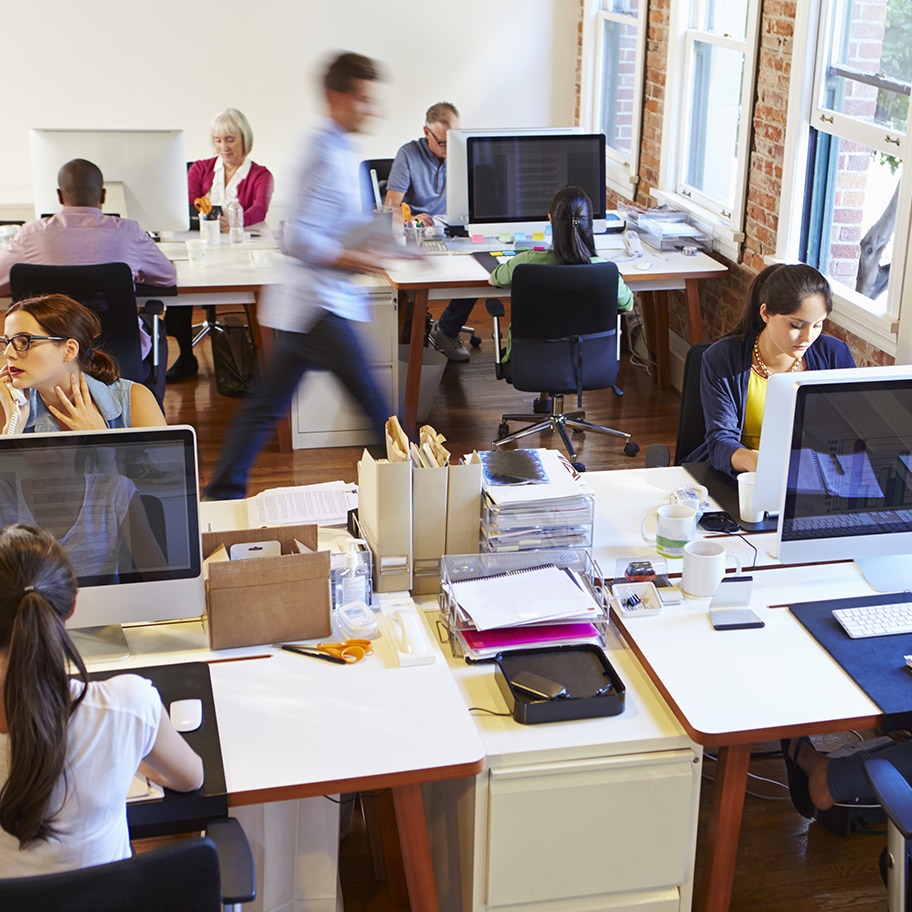What is a Slipped Disc?
A slipped disc, also known as a herniated disc, is an injury to one of the discs which sit in the spine. If there has been damage to these discs of cartilage, they can press on the nerves in the neck and back causing pain and discomfort. Discs are the connective tissue or cartilage that lies between the vertebral bones. If you have sustained a herniated disc you and may feel pain, numbness weakness in the affected area. Slipped discs are a common reason that people make an accident at work claim as they can be caused by heavy lifting and overexertion which is a common injury associated with work-based activities.
Who is Liable?
Workplace injuries are a common occurrence and are generally caused by some form of negligence or breach of duty of care on behalf of the employer. Under the Safety, Health and Welfare at Work Act 2005, an employer has a certain responsibility to ensure the health and safety of all employees in the workplace. There are certain duties that they have to help ensure this is a priority. This includes;
- Managing activities in a way which prioritises health and safety.
- Carry out frequent risk assessments to identify and eliminate potential hazards.
- Providing adequate training and personal protective equipment to all employees.
- Maintain the working environment and all machinery and equipment.
- Ensuring employees have the necessary facilities in order to carry out their job.
- Ensuring that the workplace is practical for the work that is to be carried out.
Employer negligence is a common cause of many accidents at work. If you have sustained injuries, such as a slipped disc, as a result of a breach of the duty of care by your employer you may be in a position to pursue a claim. If it can be shown that they did in fact breach health and safety regulations and did not follow their duties then they may be found liable for any workplace accidents or injuries.
What are the Common Symptoms of a Herniated Disc Injury?
Herniated disc symptoms will vary depending on the severity of the slipped disc and where exactly in your back the disc slipped. For very minor slipped disc injuries, it may not even cause you any pain or discomfort. These minor issues tend to naturally heal themselves after a few weeks. In other cases, pain can be severe. Some of the common symptoms include:
- Pain and discomfort in the spine area.
- Loss of mobility.
- Numbness in the affected area.
- Shooting pains caused by the disc touching nerves in your spinal cord.
- A slipped disc at the top of your back/neck can be quite severe and in extreme cases can cause paralysis – temporary or permanent.
What are the Causes of Herniated Discs?
While many accidents can cause a person to injure their back, some of the common accidents that lead to a slipped disk are accidents at work, car accidents and slip and fall accidents. Among these injuries are sustained in the following ways:
Poor Manual Handling
Lack of manual handling training is a common cause of workplace accidents, especially a ruptured disc. It is necessary for all employees to receive manual handling training so that they are aware of the precautions which should be taken when it comes to lifting heavy loads in the workplace. Bending in an awkward way, lifting an awkwardly shaped object incorrectly can all lead to injury.
Sitting for Extended Periods of Time
Many workers who are required to sit for long periods of time in order to carry out their job are at risk of sustaining a slipped disc injury. You are more at risk to sustain a back injury if you are sitting in an awkward position as this can put a strain on the muscles and cartilages in the back.
Overexertion
Overexertion while carrying out particular activities may result in sustaining a herniated disc due to the pressure that is put on the spine and muscles. If you are carrying out a particular task which involves strenuous work it is important that you pace yourself and try not to put too much pressure on the spine. It is important that you take regular breaks from this type of work to avoid the risk of injury.
Slip, Trip or Fall
At work or in a public place, a slip, trip or fall could be caused by wet floors with no signs, falling from heights, warehouse accidents, uneven flooring or falling in areas with poor lighting, for example. It is the responsibility of the employer in a work scenario or the owners of the public place to ensure public safety by actively preventing these situations from happening.
Preventing Slipped Discs at Work*
Most herniated disc injuries occur from a manual handling error in work. Where an employer has not provided adequate training or the essential tool for lifting heavy objects they may find themselves in the midst of a claim. Adequate training should help prevent these injuries and ensure that the employee is aware of the following:
- Check the weight before you attempt to lift. If it’s too heavy use a necessary lifting aid to help you, this should be made readily available by your employer.
- Posture when lifting – lifting with your knees. Do not twist or arch your back. Keep your head straight and look in front of you when bending down to pick up as well as when lifting.
- Hold the object close to your body when moving.

